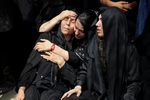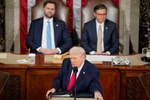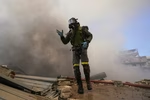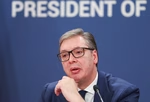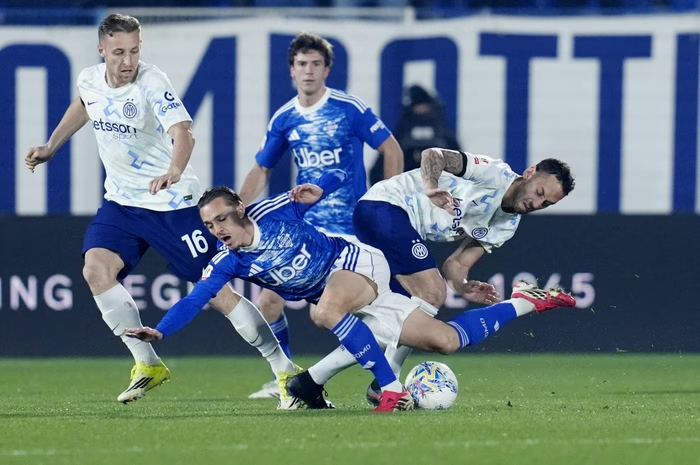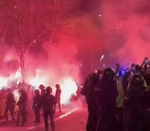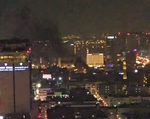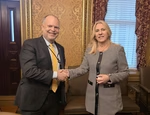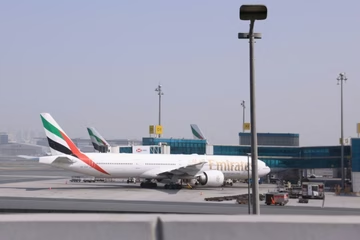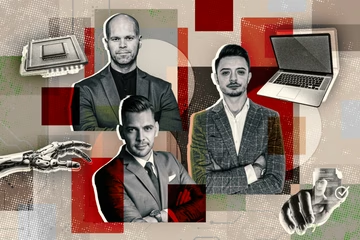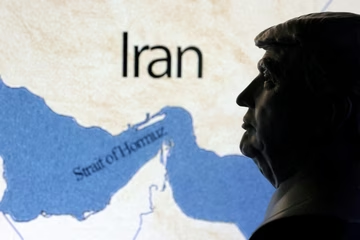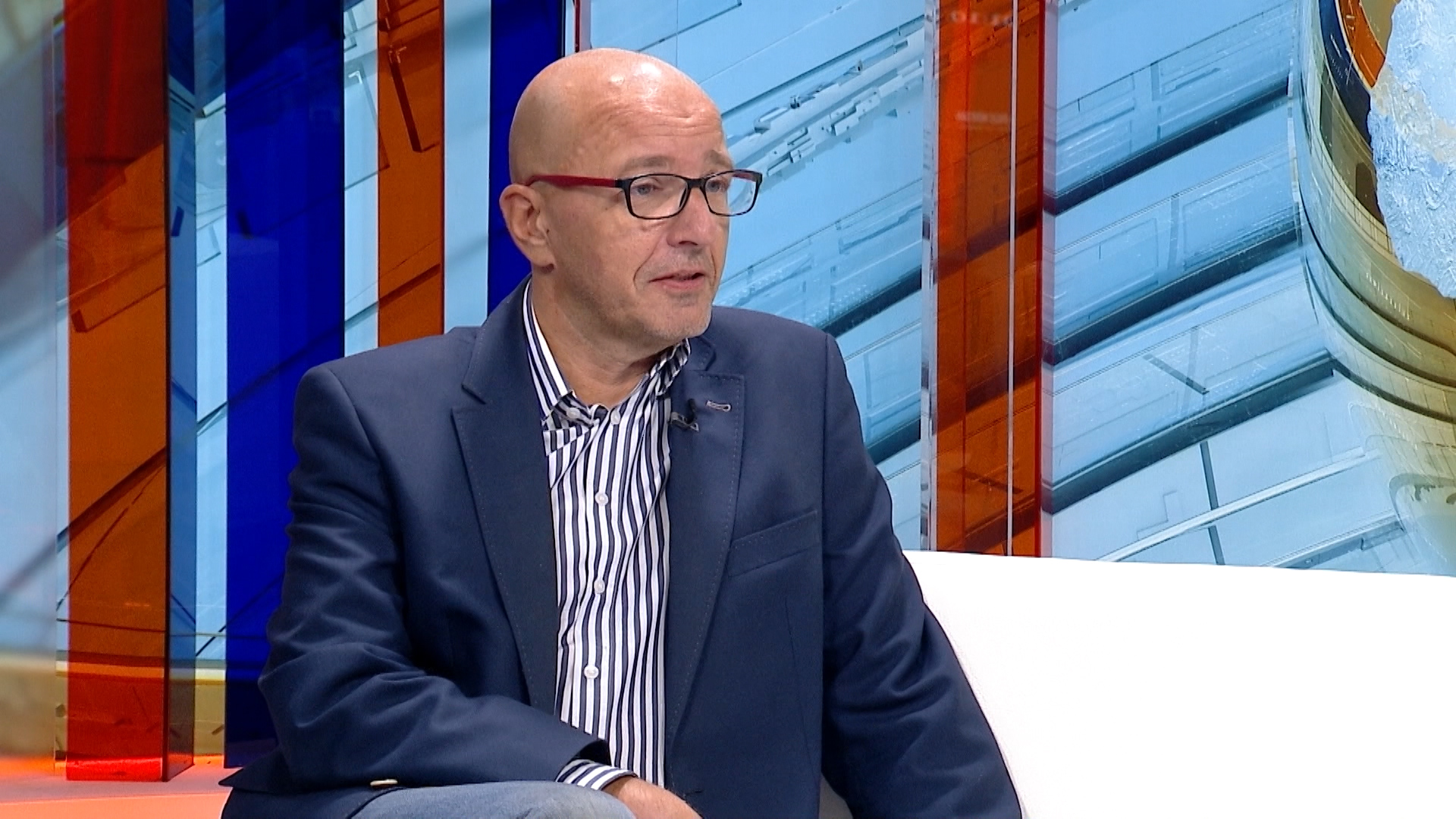
Russia has no strategic and long-term ambitions in the Balkans, and they only use the region for tactical purposes to get what they really want, which is Ukraine, political analyst Zlatko Hadzidedic told N1 on Monday.
Foreign officials, especially those from the US, have been warning of an increased Russian influence in Bosnia.
“Russia wants to, above all, show off its influence as bigger than it really is,” Hadzidedic said.
He explained that Russia has currently found itself in a “big strategic problem”, which is the fact that NATO has practically “stepped with one foot into its yard - Ukraine.”
“Russia has until now done everything it could to stop the expanding of NATO. It sent volunteers and separated Crimea. The only leverage Russia has to press the West into retreating (from Ukraine) is to mount pressure in other places in the world,” he said.
Russia has decided that this pressure needs to be made in traditional influence areas of the UK and the US so that it can produce a balance, the analyst said.
“I believe that the Russian Federation has no strategic long-term ambitions for the Balkans, and the Balkans only serve Russia for tactical purposes,” he said.
Hadzidedic also sent a message to Milorad Dodik, the pro-Russian President of the Serb-dominated semi-autonomous Republika Srpska (RS) entity in Bosnia.
Dodik was last year blacklisted by the US for not respecting Bosnia’s Constitutional Court rulings and the 1995 Dayton Peace Treaty, which ended the Bosnian war. He has been advocating RS secession from Bosnia for years.
“I would like to tell Dodik and the people in the RS and Serbia that they should not be deceived regarding what Russia wants,” he said.
“The Balkans have since the fall of the Ottoman Empire and the Habsburg monarchy been the sphere of influence of the UK, France, the US, and periodically Germany. But above all, the Balkans are under the influence of the UK, which was key in the forming and the dissolution of Yugoslavia,” he said, adding that “Russia did not participate in any of this.”
“The only country where Russia is truly present is Croatia, thanks to its capital, Sberbank. That is where Russia is much more present than in Serbia,” he said.
Hadzidedic also commented on the rescheduling of a visit of Russian Foreign Minister Sergey Lavrov, who was supposed to be in Bosnia on the 16th and the 17th of September but postponed his visit to the 21st of that month.
“I think that is very significant,” the analyst said.
“Bosnia needs to properly take into account all the implications of the situation. It is obvious that this visit is happening outside of the standard procedures,” he said, adding that it does not appear to be an official state visit but rather one organised through “semi-private channels” in Republika Srpska.
“Russia has chosen a very weird approach, considering that Moscow has until now respected international norms. Dodik wants to use this as some sort of proof of RS sovereignty,” he said.
Dodik said the rescheduling of the visit is a result of “obstructions from Sarajevo,” and Hadzidedic told N1 that this was expected from the Bosnian Serb leader to say.
“It is always someone else who disturbs his ‘genius’ plans, and that someone is always from Sarajevo,” Hadzidedic said.
But the political analyst also pointed out that, as someone who used to work in the Foreign Affairs Ministry, he saw that there “was some reservation” toward Russia.
“I had started initiatives for us to start a more active policy toward Russia. Bosnia does not have its own foreign policy, I have to admit,” he said.
“Now it is popular to scare people by mentioning Russia, although that country has been on the defensive since the Cold War. Russia is trying to achieve any kind of balance it can thanks to the retreat of the US on the global scene,” he concluded.
Kakvo je tvoje mišljenje o ovome?
Učestvuj u diskusiji ili pročitaj komentare





 Srbija
Srbija
 Hrvatska
Hrvatska
 Slovenija
Slovenija








